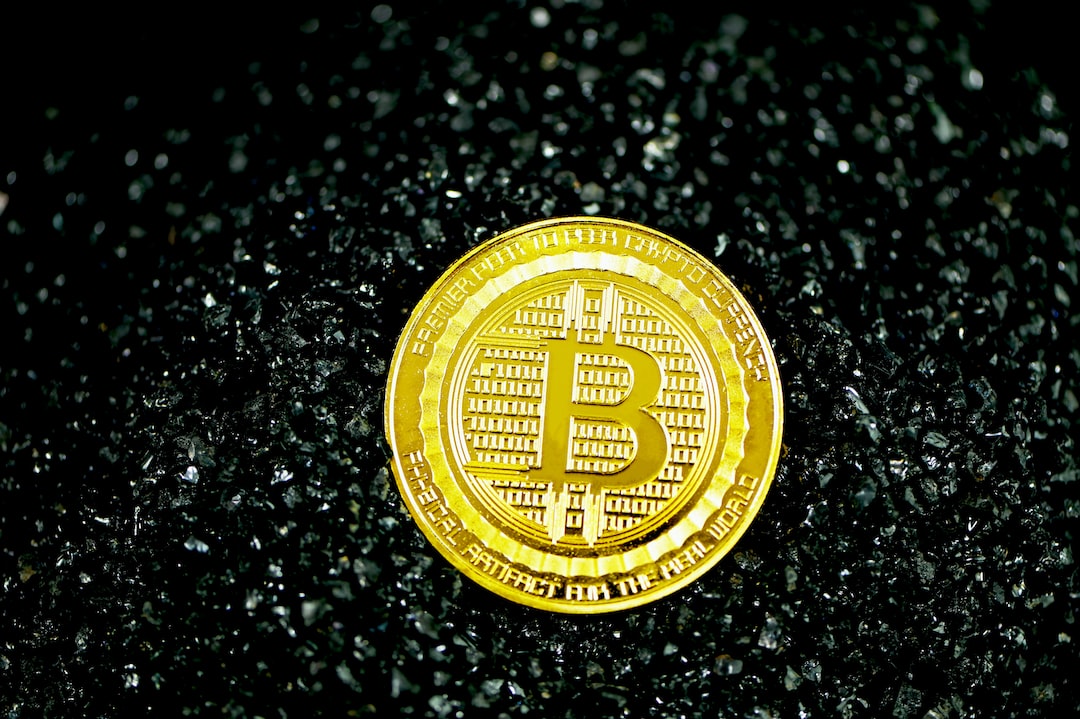Bitcoin Adoption in Argentina Surges Amid Economic Challenges
– Argentinians are turning to Bitcoin as a means to protect their assets due to soaring inflation rates projected to reach 147%.
– The decentralized nature of cryptocurrency appeals to individuals looking for alternative avenues outside of traditional banking constraints.
– Javier Milei, a presidential candidate supportive of Bitcoin, has further fueled interest in the cryptocurrency.
– Political shifts and economic challenges are driving the growing sentiment among Argentinians to embrace digital currencies.
– Bitcoin experienced a sharp price increase of over 20% when Milei saw success in the summer primaries.
El Salvador’s Mixed Relationship with Bitcoin Adoption
– Despite granting Bitcoin legal tender status, El Salvador has witnessed a slower uptake of the cryptocurrency.
– While awareness of Bitcoin is high, usage remains low in the country.
– Tourist-heavy areas like El Zonte’s Bitcoin Beach show greater acceptance and usage of Bitcoin.
– Salvadorans’ preference for the U.S. dollar and Bitcoin’s volatile price performance contribute to the cautious approach.
– The nation’s status as an early adopter of new technologies is a source of pride, but widespread adoption faces barriers.
Barriers and Challenges to Widespread Bitcoin Use
– Bankers in El Salvador hesitate to embrace Bitcoin due to potential fallout with global partners and the reliance on traditional means of remittances.
– Local banks are reluctant to jeopardize their operations, as remittances constitute a significant portion of the nation’s economy.
– Integrating the Bitcoin network into existing infrastructures is challenging for local banks.
– The intricacies of the Bitcoin system and the aspect of self-custody pose additional hurdles to mainstream adoption.
Conclusion
Bitcoin adoption in Argentina is surging due to economic challenges and political shifts, while El Salvador takes a more cautious approach. The decentralized and alternative nature of cryptocurrency appeals to individuals seeking asset protection. However, challenges such as reliance on traditional banking systems and the integration of Bitcoin into existing infrastructures hinder widespread adoption. These countries serve as case studies for how economic and political factors influence a nation’s relationship with digital currencies.
Hot Take
Bitcoin adoption is driven by unique economic and political circumstances in different countries. While some nations embrace cryptocurrency as a refuge against instability, others proceed with caution due to concerns and challenges associated with its implementation. Understanding these factors is crucial in predicting the future of Bitcoin adoption globally.
Wyatt Newson emerges as a luminary seamlessly interweaving the roles of crypto analyst, dedicated researcher, and editorial virtuoso. Within the dynamic canvas of digital currencies, Wyatt’s insights resonate like vibrant brushstrokes, capturing the attention of curious minds across diverse landscapes. His ability to untangle intricate threads of crypto intricacies harmonizes effortlessly with his editorial mastery, transmuting complexity into a compelling narrative of comprehension.

